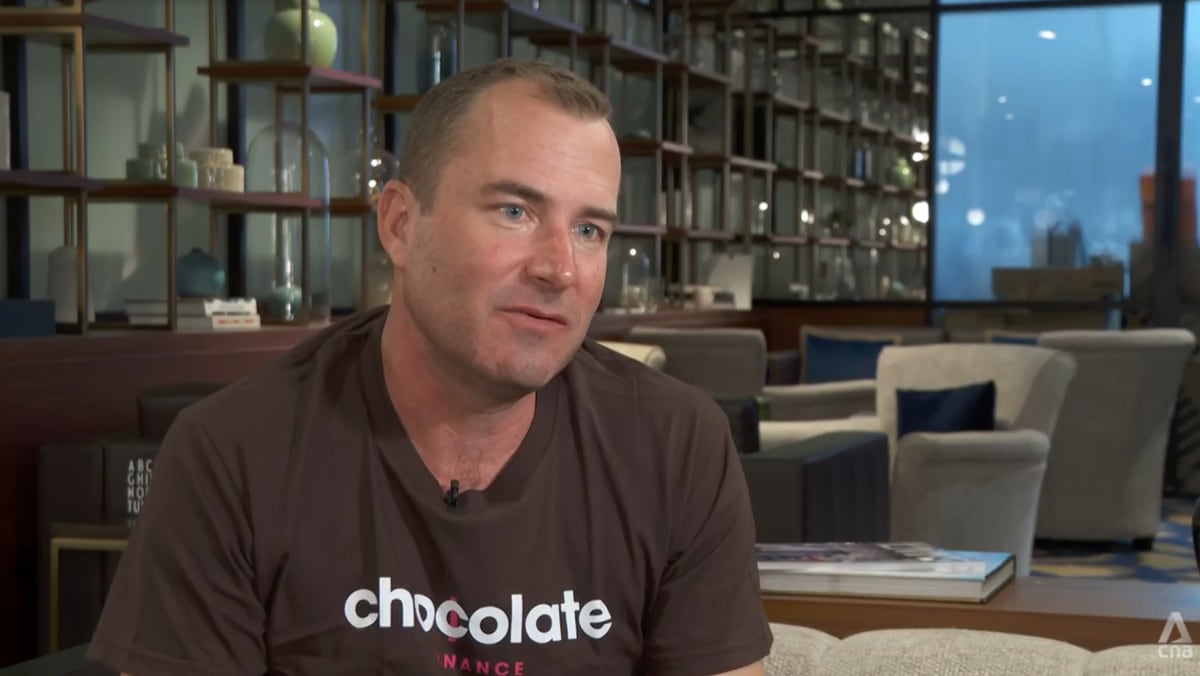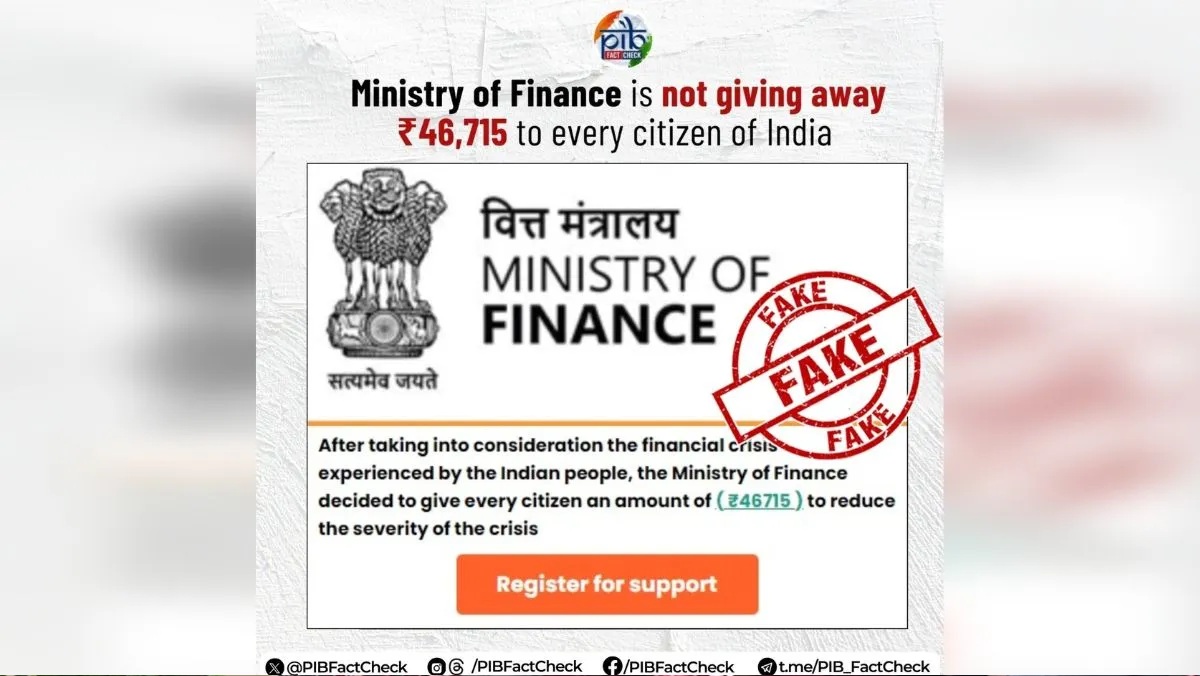DFC Faces Potential Shutdown: What's at Stake for U.S. Development and Investment?

The U.S. International Development Finance Corporation (DFC), a vital tool for advancing U.S. foreign policy and economic interests, is rapidly approaching a critical juncture. With less than 80 days remaining before its legal authority to operate expires, the future of the DFC hangs in the balance. The Trump Administration has submitted its reauthorization proposal to Congress, but the path forward remains uncertain.
What is the DFC and Why Does It Matter?
Established in 2019, the DFC replaced the Overseas Private Investment Corporation (OPIC) and represents a significant evolution in U.S. development finance. Unlike traditional foreign aid, the DFC leverages private sector investment to support development projects in emerging markets. It provides a range of financial tools, including loans, loan guarantees, insurance, and direct equity investments, to projects that promote economic growth, improve development outcomes, and advance U.S. foreign policy objectives.
The DFC’s focus areas include energy, healthcare, infrastructure, and digital connectivity. Its investments aim to catalyze private capital, create jobs, and stimulate economic activity in developing countries, ultimately benefiting both the U.S. and its partner nations. It's designed to compete with the development finance institutions of other countries, particularly China, by offering attractive investment options while upholding U.S. values and standards.
The Reauthorization Deadline and Congressional Debate
The DFC’s current authorization expires on December 19, 2023. Without Congressional action to reauthorize it, the agency would be unable to approve new projects or continue existing ones beyond that date, effectively halting its operations. The Administration’s proposal seeks to extend the DFC’s authority and potentially expand its powers. However, the reauthorization process is likely to be complex, with potential disagreements over the scope of the DFC’s mandate, its investment priorities, and its oversight mechanisms.
Key areas of debate likely to arise include:
- Investment Restrictions: Some lawmakers may seek to impose stricter limitations on the types of projects the DFC can support, particularly those involving fossil fuels or activities that could have adverse environmental or social impacts.
- Geopolitical Considerations: The DFC’s role in countering China’s influence is a major factor in the debate. There will be discussions on how to best utilize the DFC to promote U.S. interests in strategically important regions.
- Oversight and Accountability: Congress will scrutinize the DFC’s operations to ensure transparency, accountability, and effective use of taxpayer dollars.
Potential Consequences of a Shutdown
A failure to reauthorize the DFC would have significant consequences. It would disrupt ongoing projects, undermine U.S. development efforts, and create uncertainty for investors. It would also weaken the U.S.’s ability to compete with other countries in the development finance arena, potentially ceding ground to China and other competitors. Furthermore, it would harm the economic interests of U.S. businesses seeking to invest in developing markets.
Looking Ahead
The next few weeks will be crucial for the DFC’s future. Congress faces a tight deadline to consider the Administration’s proposal and reach a consensus on reauthorization. The outcome of this debate will have a profound impact on U.S. development policy, economic competitiveness, and foreign relations. Stakeholders across the public and private sectors are actively engaged in advocating for the DFC’s continued operation and its role in promoting sustainable development and U.S. interests abroad. The need for swift action is clear to ensure the DFC can continue its vital work.





